The straight-talking monthly column on all things country, Americana, roots and acoustic…
And the winner is …
Traditionally autumn is that time of the year when country and Americana music honours the best and most successful acts of the past year. There are lavish star-studded Awards shows that bestow accolades and praise, with much back-slapping and a certain amount of controversy. It might seem a strange time of the year to be holding these celebrations, as the year is far from over, but the reason for the autumn binge is all about money.
The peak period for record sales, especially in America, traditionally has always been the last quarter of the year. If an artist wins big, then their sales are almost certain to multiply four or five times over in the weeks following an Awards show.
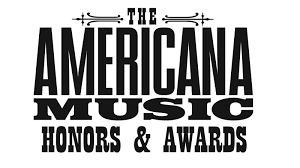
The Awards season usually gets under way in early September with the AMA Awards (Americana Music Association) in Nashville. That’s followed at the end of September by the CCMA Awards (Canadian Country Music Association), which this year were held in Saskatoon, and then the IBMA (International Bluegrass Music Association) World of Bluegrass Awards show, in Raleigh, North Carolina.
The real big one…
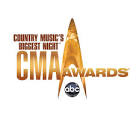
The BCMA Awards (British Country Music Association) usually take place in Birmingham in mid-October. Then back to Nashville for the annual songwriting awards hosted by ASCAP, BMI and SESAC, the three major publishing administration rights organisations, which also coincides with the NSAI (Nashville Songwriters Association International) Hall of Fame Induction ceremony; that this year will induct Vern Gosdin, Jim McBride, Walt Aldridge and Tim Nichols.
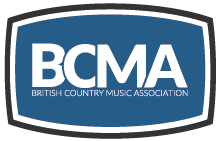
The real big one of course, is the CMA Awards (Country Music Association) which used to be held every October to coincide with the annual country disc jockey convention, but in recent years it has moved to early November, whilst the disc jockey convention has now become the Country Radio Seminar and moved to February. The CMA Awards have grown considerably in recent years, outgrowing the Grand Ole Opry House and is now staged at the vast, and rather impersonal Bridgestone Arena.
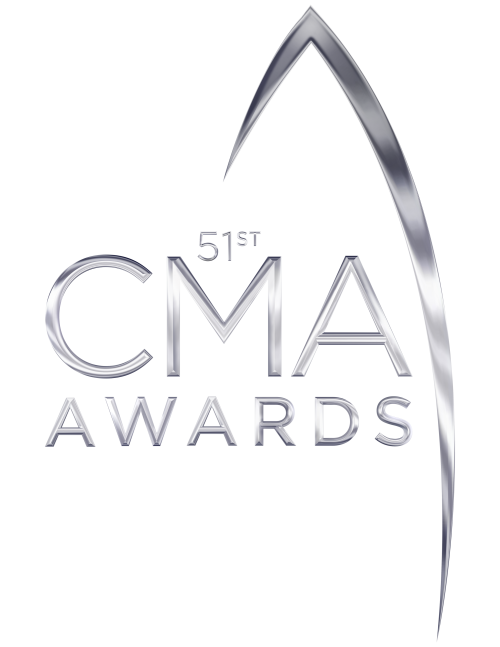
The big problem with having these Awards Shows in the autumn is that they don’t truly reflect the year of the award. For example, the CMA Awards eligibility period runs from July 1st to June 30th, which either means that a good many of the albums and songs nominated for a 2017 Award could actually have been released in 2016, or more disturbingly, the second-half releases of any years are going to be completely overlooked, in preference to those discs released during the first half of the Award year.
This strange anomaly has led to some questionable award nominations and winners. Way back in the early 1970s, Freddie Hart’s Easy Loving won the CMA’s Song of the Year in both 1971 and 1972. Released in July 1971 the song spent six months on the country singles chart, including three weeks at the top.
Similarly, the multi-award winning He Stopped Loving Her Today (as recorded by George Jones) was named CMA’s Song of the Year in 1980 and 1981, and Always On My Mind (as recorded by Willie Nelson) won the same award in 1982 and 1983.
These two-year wins deprived equally excellent songs and their writers from winning the prestigious CMA Song of the Year. There are many other classic songs that you would have thought would have won a CMA Award for Song of the Year, but due to either running the eligibility period from July to June or a proliferation of excellent songs that particular year, they lost out.
A handful that spring to mind would have to include Tomorrow Never Comes (Garth Brooks), Good Ole Boys Like Me (Don Williams), When You Say Nothing At All (Keith Whitley, Time Marches On (Tracy Lawrence), Seminole Wind (John Anderson), It’s Four In the Morning (Faron Young), Help Me Make It Through The Night (Kris Kristofferson), Before The Next Teardrop Falls (Freddy Fender), It Matters To Me (Faith Hill), What Mattered Most (Ty Herndon), Gone Country (Alan Jackson), and Whoever’s In New England Reba McEntire).
Your own list…
I’m sure that many reading this will come up with their own equally important contenders. My passion has always been for the songwriters, often the unsung heroes of the music business.
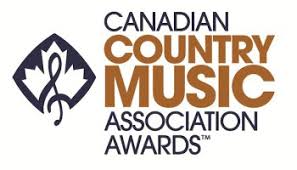
The CMA Awards first began in 1967 and you’d be amazed to discover that over the past 50 years, the following songwriting legends have never won the coveted CMA Song of the Year award: Merle Haggard, Willie Nelson, Hank Cochran, Harlan Howard, Bob McDill, Allen Reynolds, Pat Alger, Gary Burr, Guy Clark, Rodney Crowell, Dean Dillon, Dennis Linde, Mickey Newbury, Hugh Prestwood, Hugh Moffatt, Mike Reid, Sonny Throckmorton, Jeffrey Steele, Jimmy Webb and so many others.
It’s probably been down to luck or timing, who knows, but whenever awards are handed out, there’s going to arguments and discussions about who should or shouldn’t have won. There was the controversy back in 1975 when John Denver was named the CMA Entertainer of the Year and famously, a slightly inebriated Charlie Rich demonstrating his disgust, set light to the winning envelope. Or the time a few years ago, when backstage at the CMA Awards, Faith Hill publicly demonstrated her disappointment that she hadn’t won the Female Vocalist award, then a few days later had to explain her reaction and offer an apology.
…almost always somewhat controversial…
As you can see, annual music awards can be highly charged and almost always somewhat controversial. I’m not intending to offer my predictions for the CMA Awards this year, or any other Award ceremonies. What I would like to see, though, is a change, so that all of these awards more accurately reflect the year that they are honouring by covering the period from January to December. It would make more sense if the award shows were to take place in February, March or April, to allow for the various voting procedures to be fulfilled.
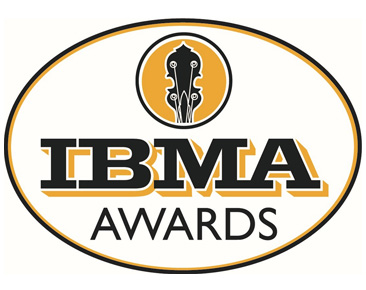
The argument that autumn awards allow albums sales to increase for award winners during the heavy selling period leading up to Christmas, is no longer relevant; as more and more people download or stream their favourite music. Also, there is a counter argument that holding the awards in the spring, could feasibly increase sales during the usually quiet summer period.
Many other Award ceremonies take place early in the year. The Country Music Awards of Australia are held in Tamworth in January, with the presentation of the aptly named Golden Guitar Awards. The Grammy Awards also take place annually at the end of January and the BRIT Awards in February, as do the AMA-UK Awards.
So, come on CMA, AMA, CCMA, and IBMA. Let’s be having your awards eligibility period run from January to December, so that there’s no confusion as to which year an album, song, artist or songwriter was at the peak of their artistic and commercial achievement.
By Alan Cackett



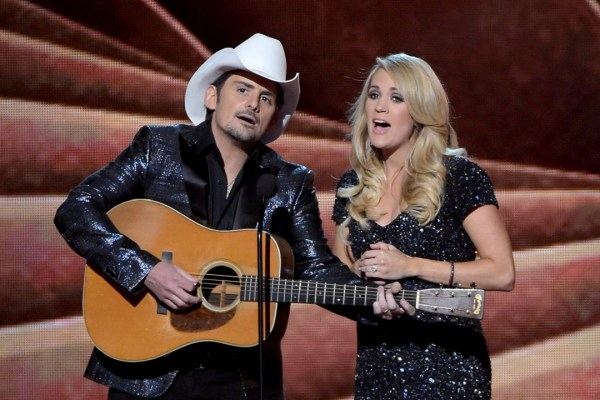
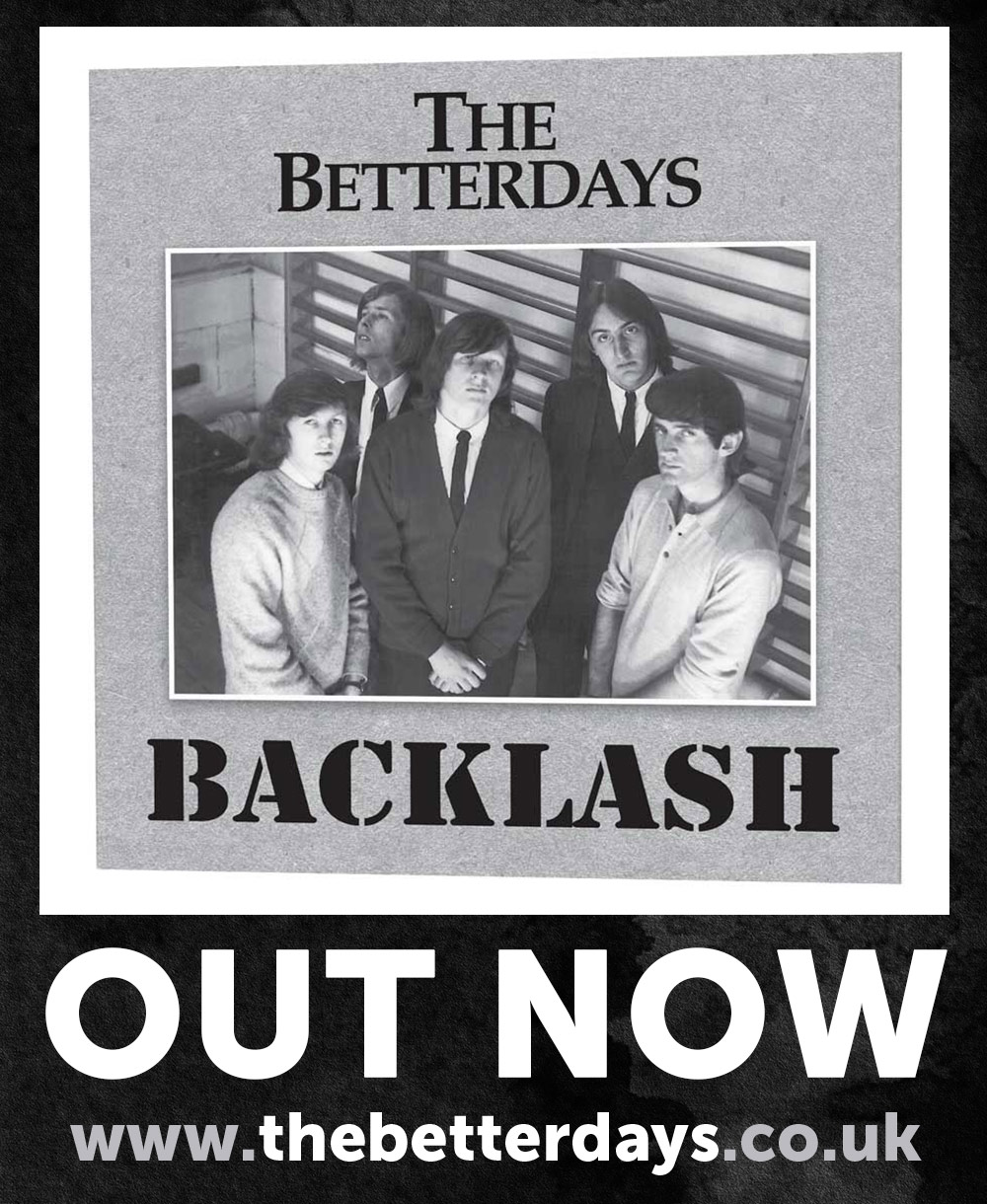












Recent Comments